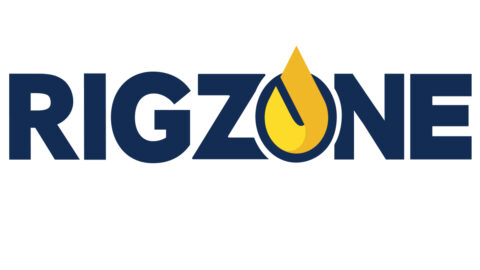(Bloomberg) — Oil headed for the biggest weekly loss since March as the spread of the delta coronavirus variant cast doubt on the continued recovery in demand, particularly in the world’s biggest crude importer China.
West Texas Intermediate, which traded above $69 a barrel on Friday, has shed 5.9% so far this week, the biggest decline since the period to March 19. A surprise expansion in U.S. crude oil stockpiles has also hurt prices.
China has imposed a patchwork of increasingly strict restrictions on mobility to fight the spread of the highly infectious Covid-19 variant, including the cancellation of some flights and train services. On Friday, the nation reported 101 infections, including 21 people who are asymptomatic, the biggest daily increase in more than six months. Curbs were extended, with passenger services suspended at train stations in Yangzhou, Jiangsu province.
After soaring in the first half on resurgent demand and a drawdown in inventories, the latest chapter in the pandemic has made the going for crude a lot tougher. Futures eked out a small gain in July, but are taking a heavier blow this month. At present, the Organization of Petroleum Exporting Countries and its allies still plan to go on adding more barrels each month.
“It’s hard to not get caught up in the headlines showing rising cases, particularly in China,” said Daniel Hynes, senior commodities strategist at Australia and New Zealand Banking Group Ltd. “However, when you take a step back, restrictions are still being eased back across most regions, demand seems to be holding up, and I think the impact on this latest wave should be significantly less than previous ones.”
|
Prices:
|
|
Elsewhere in the Asia-Pacific, delta-driven outbreaks continue to exert a powerful grip. In Thailand, daily cases set another record, taking the nation’s total past 700,000, as a tightening of containment measures failed to halt the spread. In Australia, Sydney’s daily caseload also hit an all-time high, and authorities warned the situation in the nation’s largest city could worsen.
UBS Group AG is among bulls standing their ground, arguing that despite the challenge posed by delta, the return to economic normalization will continue globally, and the crude market remains in deficit. The bank expects Brent to trade between $75 and $80 a barrel this half, it said in a note on Thursday.
Among improved metrics, U.S. roads have remained busy. Vehicle miles traveled on highways in the week to Aug. 1 match the similar week in 2019, before the pandemic hit, according to the U.S. Department of Transportation.
“The bearish argument is to focus on the dip in China crude imports and the spread of the delta variant but the demand recovery, inventory draws and market structure are holding,” said John Driscoll, chief strategist at JTD Energy Services Pte. “It’s also the peak driving and travel season in the West and there’s decent compliance and discipline by OPEC+.”
Key pricing patterns have narrowed this week, indicating a weakening market. Brent’s prompt time spread — the gap between the most immediate futures contract and the one a month later — was 52 cents a barrel in backwardation on Friday, compared with 92 cents a week ago.
© 2021 Bloomberg L.P.
#Oil #Rally #Checked #Delta
Tags: Checked Coastal Flow Coastal Flow Measurements Coastalflow Delta Oil oil and gas petroleum news events stories articles analysis commentary headlines stocks finance commodities maps pictures Rally







